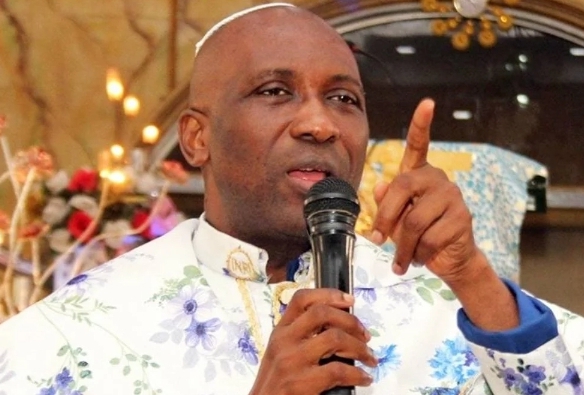In today’s world, the importance of constructive criticism cannot be overstated, as it paves the way for improvement and growth. Dr. Abdul Lateef Bello, the current Director of the FCT Directorate of Road Traffic Services (DRTS), embodies this spirit of progress. His tenure has been marked by a commitment to rectify long-standing issues and enhance services for the general public, as highlighted in the recent Daily Trust special report.
One of the initial challenges he confronted was the cumbersome process of obtaining vehicle number plates. Dr. Bello’s response was to take it online, a move aimed at streamlining the often frustrating process. Today, acquiring vehicle number plates has become significantly more straightforward, thanks to this digital transformation.
Another commendable step taken by Dr. Bello was the establishment of a unit dedicated to training driving school instructors and ensuring their supervision. An assistant director was appointed to oversee this unit, enhancing the overall quality of driving instruction for the public.
The recent expose by the Daily Trust, though shocking, was appreciated by the DRTS management. This report shed light on the previously identified but internally addressed issue of corruption within the organization. It is vital to understand that the battle against corruption is a collective effort, not the responsibility of a single entity. Many revenue-generating organizations, such as customs, VIO, FRSC, and FIRS, have faced internal challenges related to corruption.
In this case, it was revealed that a DRTS staff member, who was a general duty VIO staff, had been involved in irregularities related to the issuance of driver’s licenses. It’s important to note that the individual was not professionally assigned to the Driver’s License Unit, which raises questions about his involvement in these matters. While the Daily Trust’s report is commendable for its investigative spirit, it also places a significant challenge before higher authorities.
In conclusion, safety on the roads is of paramount importance, making it imperative to restructure the supervision of driving schools, a responsibility that falls under the purview of the DRTS. The driving school instructors in Nigeria, led by President Umar Musa, have a reputation for upholding high standards and have pledged to investigate the allegations. We commend Dr. Bello, the Director of DRTS, for his understanding and maturity in addressing these issues.
Salihu Dantata Mahmud, a security and public affairs analyst, emphasizes the need for collaborative efforts to eliminate corruption and improve public services. Under Dr. Bello’s leadership, the FCT DRTS is taking steps towards transparency and accountability, ensuring a safer and more efficient road transport system.










